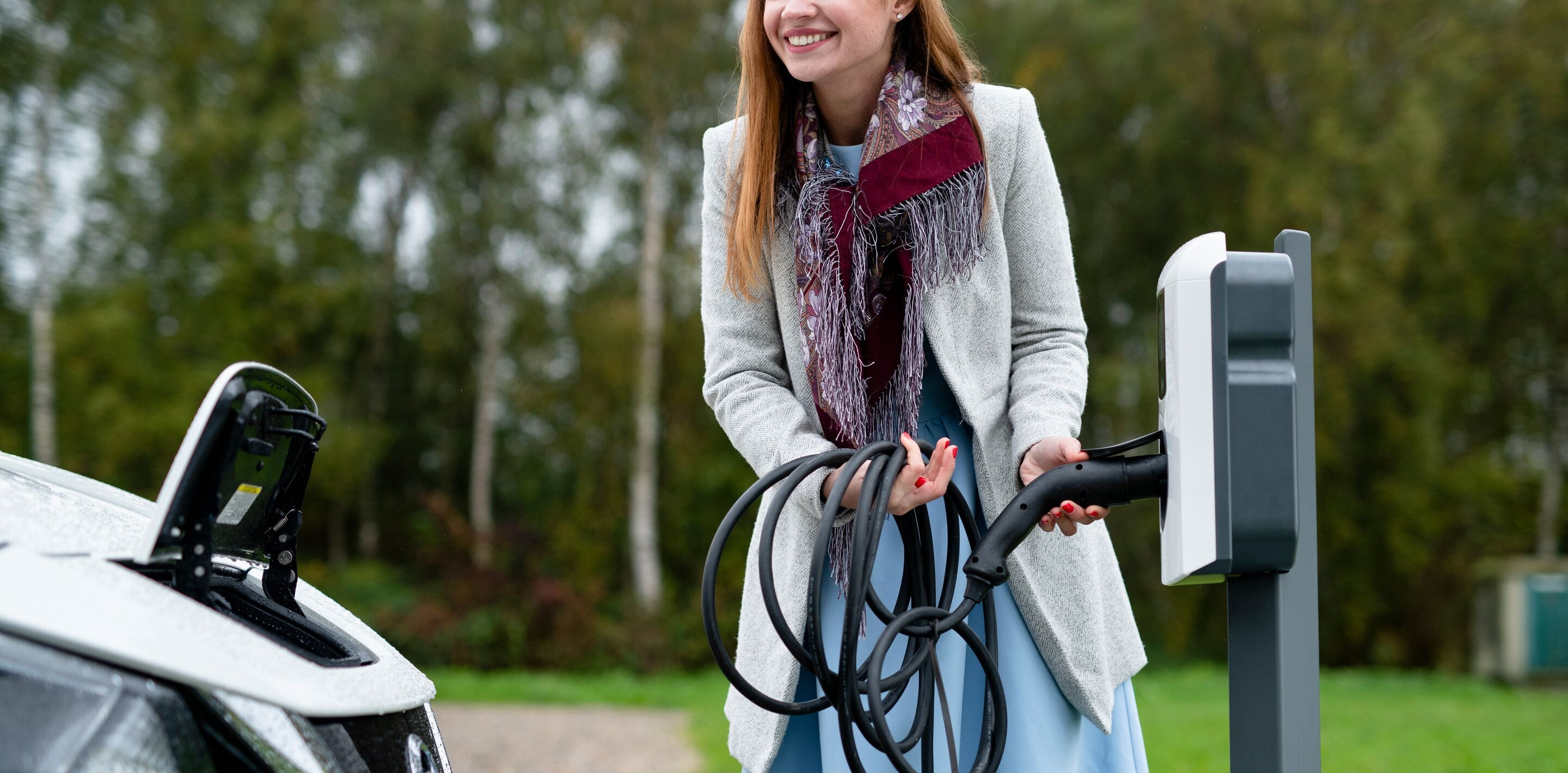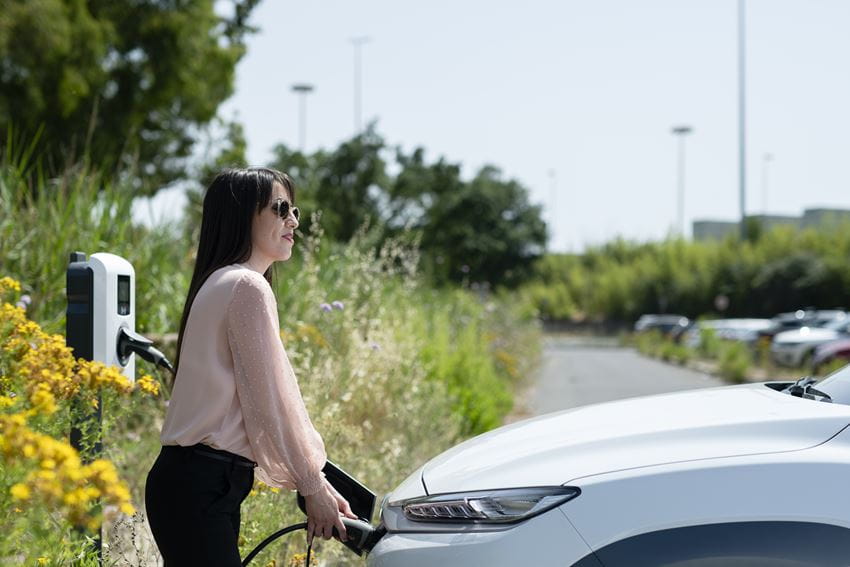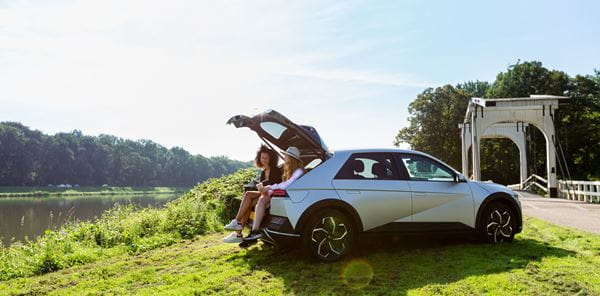
Why more people are opting for an electric car
On the occasion of World EV Day, a day on which we celebrate electric mobility, LeasePlan organized a survey about electric driving. 1,035 participants shared their thoughts about electric cars, where they see pitfalls, and what they already know about electric mobility.
Today, we are seeing more and more electric cars in the streets. Because of their low impact on the environment and their tax advantages, an increasing number of companies are opting for an electric car park. The electrification of our mobility on Belgian roads seems to have officially started. And if it were up to the drivers, there will be even more electric driving in the future.
1 in 2 respondents go electric
Of the 1,035 respondents, half (51%) indicated they would choose an electric model when buying a new car in the future. There are various reasons for this. On the one hand, drivers go electric because they are convinced that EV models offer extremely pleasant driving comfort (25%). Another quarter of those surveyed (25%) opts for an electric model because it is better for the environment. More than a fifth (21%) sees tax advantages as the main reason for choosing an electric car. Only six percent of respondents has absolutely no interest and cannot imagine why they would switch to an electric car.
Doubts about charging infrastructure
Although electric driving is becoming more popular, some drivers are still having doubts. 44 percent of respondents say they are not worried about electric driving. But 3 in 10 (31%) are afraid of suddenly running out of power while driving and not finding a charging station in time.
There also seems to be some doubt about the presence of charging infrastructure. Half of those questioned did not know whether there was a public charge point in their neighborhood. LeasePlan has already noticed that charging times and infrastructure are a major obstacle to switch to electric driving. With the increase in the number of electric cars, public charging stations are also occupied more quickly. And that can sometimes lead to frustration. That is why we launched the Happy Charger campaign. With this campaign, we put the courtesy of electric drivers in the spotlight by giving tips on ‘charging etiquette’ and we developed the Happy Charger charging disc.
Myths and facts
There are still many myths about electric driving. It is sometimes said that an electric car battery has a life span of only 30,000 kilometers. Fortunately, drivers are becoming better informed when it comes to electric driving. No less than 87% of those questioned know that a car battery does last a long time.
Fuel cars are worn out after about 200,000 to 300,000 kilometers. With an electric car, you can easily drive more than 200,000 kilometers without any significant loss of battery capacity. Moreover, the life span of batteries is increasing.
On the other hand, there are important things that most drivers do not know yet. Did you know that an electric car battery can be reused as home battery for solar panels? 1 out of 2 respondents was not aware of this!
Conclusion:
Belgians are gradually getting ready for electric driving. More and more people consider choosing an electric model when they buy a new car. However, there are still some practical doubts: what about the charging stations? With our Happy Charger campaign, LeasePlan is trying to provide an answer. In addition, the infrastructure will also continue to evolve in the coming years. We are now officially on the road to electric mobility.







